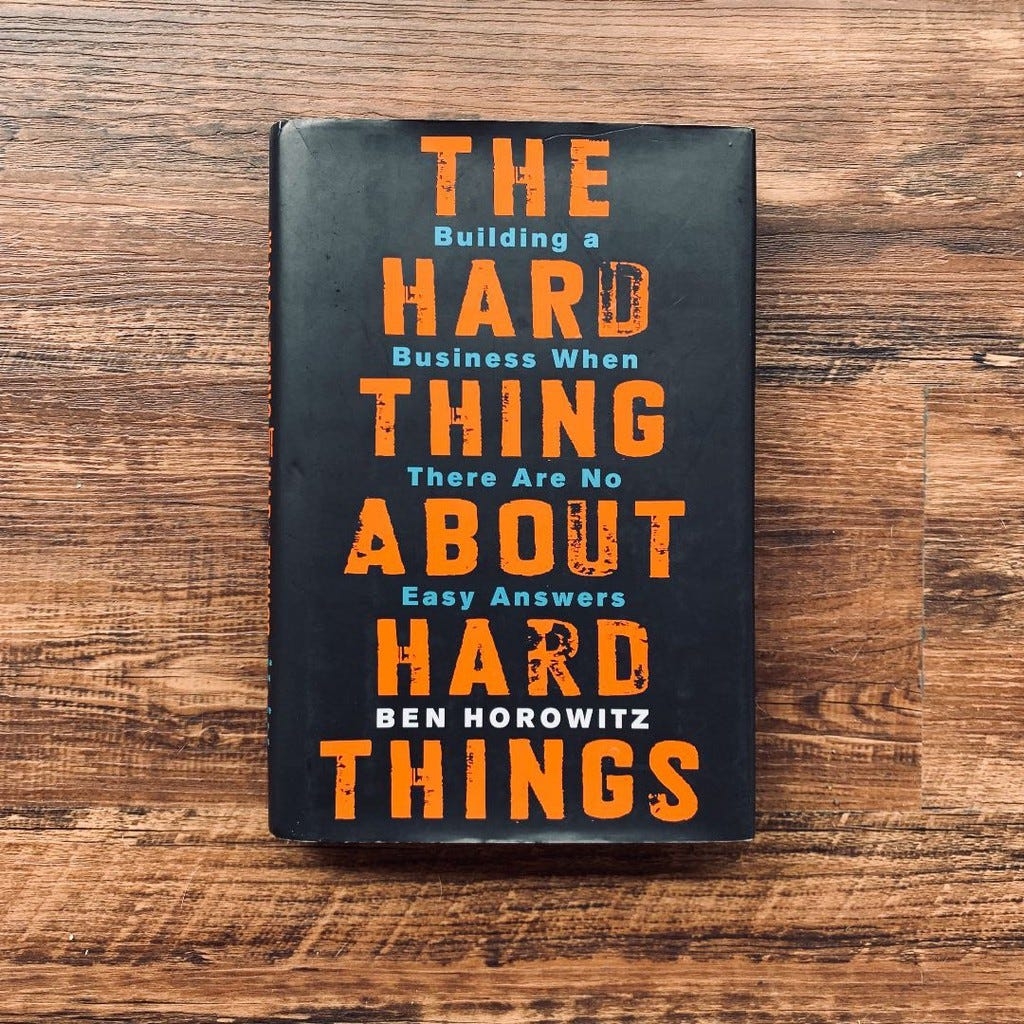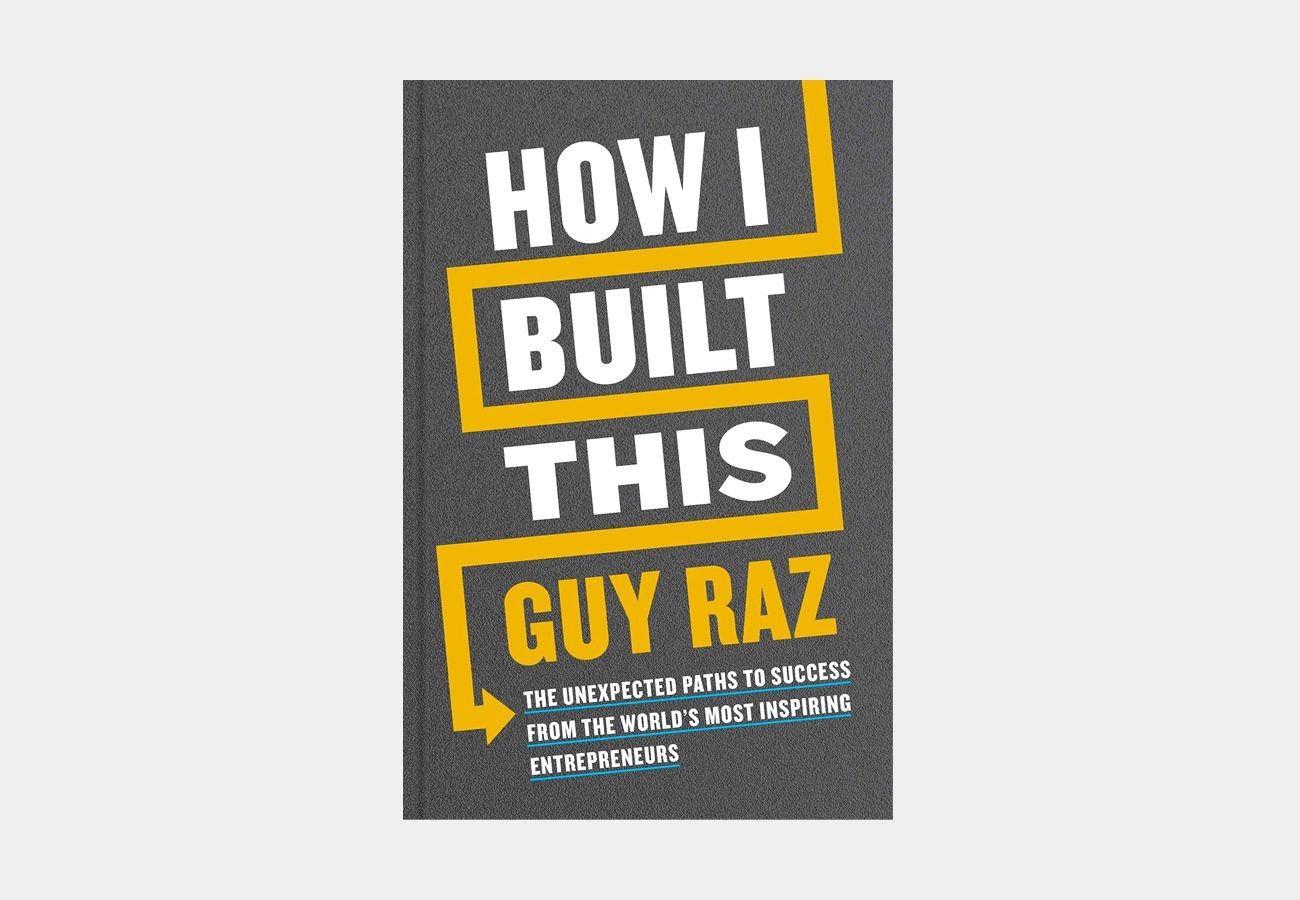5 Books Motivate You and Give a Different Perspective
When businessman Warren Buffet was asked to reveal the secret he used to build a business empire, he once replied, “I read 500 pages every day, that's how you get to know all the time. You can all do it, but I'm sure not many of you will.”
Buffet was right, of course. Most of us don't have the time or energy to read 500 pages a week, let alone one day. The Pew Research Center found that, on average, Americans read only about four books a year.
Fortunately, this means that to gain a competitive cognitive advantage in your field, you don't have to spend 80% of your day reading, as Buffet does; you just have to do a little study related to your field every day, and now is a great time to grow your daily reading habit.
With the Covid-19 pandemic changing the concept of “business as usual,” business leaders must re-evaluate their organizations and reinvest in their knowledge. If you're looking for proven ways to build a more resilient organization, gain a modern work culture, maintain a strong growth mindset, and check out these beneficial books.
5 Books Motivate You and Give a Different Perspective:
1. Red Hastings and Erin Meyer's "No Rules":
How has Netflix evolved from a DVD library to an entertainment company that outperforms the world's companies with 170 million subscribers in 190 countries? In short, by hiring the best talent available, building an organizational culture based on providing continuous and frank feedback, and removing unnecessary day-to-day work controls such as approval of paid work leaves.
The description by Netflix CEO Reed Hastings and business professor and author Erin Meyer informs readers about Netflix's journey from its launch 15 years ago to the top and details the mistakes they've learned from and helped them achieve accelerated and sustainable growth in a fast-changing industry.
It is a significant book for entrepreneurs who want to build a more empowering, efficient, and inspiring workplace culture. However, beware of Netflix's style; it's not for the faint of heart; there's no place for employees of the acceptable level. They're either offered to coach or fired according to company policy.
2. Ben Horowitz's "The Hard Thing About Hard Things":
Ben Horowitz achieved the kind of entrepreneurial success that most of us dream of in 2007 when he sold his company Opsware to HP for more than $1 billion. Since then, he has co-founded and managed Andreessen Horowitz, one of Silicon Valley's most successful venture capital firms.

Horowitz organizes his experience - unlike most business books from a writer's perspective, which tend to satisfy the ego of their writers - to shed light on the gaps most young entrepreneurs and early-stage companies face and the mistakes they often make at those times.
Horowitz always writes about topics that business leaders prefer to pretend not to exist. For example, what happens when you realize you must let go of a friend you trust? But if you can digest Horowitz's advice, you'll learn invaluable lessons to help you diagnose organizational failure's psychological causes. These lessons build a better place to work, expand more efficiently, and eventually, become a more decisive CEO.
3. "How I Built This" by Jay Raz:
Guy Raz is the creator and host of How I Build This? Popular on National Public Radio, where he interviewed the most successful entrepreneurs about the companies they founded and the movements they started. The show is entertaining and educational, but if you want to get everything most valuable and interesting in a single reference, you should read Guy Raz's book.

"How I build this?" "How I Built This" is perhaps the most attractive and exciting, which aims to address the entire journey of the entrepreneur, where Raz begins the road from the beginning to progress and stability in a clear, educational, and attractive way.
But these stories are not meant to provide a fully repeatable roadmap to success. Instead, if you don't have a mentor with whom you can share experiences or if you often feel like you're going it alone, this book will open your eyes to a whole world of entrepreneurs going through the same challenges and obstacles you might face, and show you the new approaches that some of the most creative thinkers use to overcome them.
4. "Eleven Rings" by Phil Jackson:
A list of business books can only be completed with at least one opinion from a sports performance expert, so Phil Jackson's book is worth learning from. Jackson is known as a legendary motivator who won 11 NBA championships as a coach by promoting the talents of players such as Michael Jordan, Kobe Bryant, and Shaquille O'Neal.
He can motivate high performers and get the most arrogant players to work together. For example, coach Ted Lasso leaves a different book carefully selected in each athlete's closet, a habit he learned from Jackson. So, take the time to get to know your players individually. You can train them according to their learning styles.
It may sound simple, but that's the point. Jackson quotes Maslow's hierarchy of needs to talk about the fundamental importance of our shared desire for self-fulfillment, then uses a set of engaging anecdotes to emphasize how managers can project and address that desire for the benefit of both individuals and the team. These are not radical new concepts, but they will give you the key insights you need to express your vision of a thriving organizational culture.
5. "Good to Great" by Jim Collins:
What distinguishes good companies from great ones? If we have the answer, we can identify and apply the qualities that make greatness to our companies. Fortunately, this has already happened to former Stanford University business professor Jim Collins, who has done the necessary research on our behalf.
Collins and his team examined the habits of 11 companies that met their criteria for greatness by recording returns for at least 15 years, three times the general market, and then compared these high-achieving companies with companies similar in status and resources but only earning moderate returns.
By distilling the commonalities between the high-performing group and the differences between the big companies and others, Collins isolates the six elements that contribute to greatness, analyzing each and combining them into a roadmap.
But the book is much richer than even the key findings suggest. For example, if you're always making to-do lists but you've never considered the benefits of creating a “stop work” list, Collins will show you why you'd benefit from changing your mental habits.